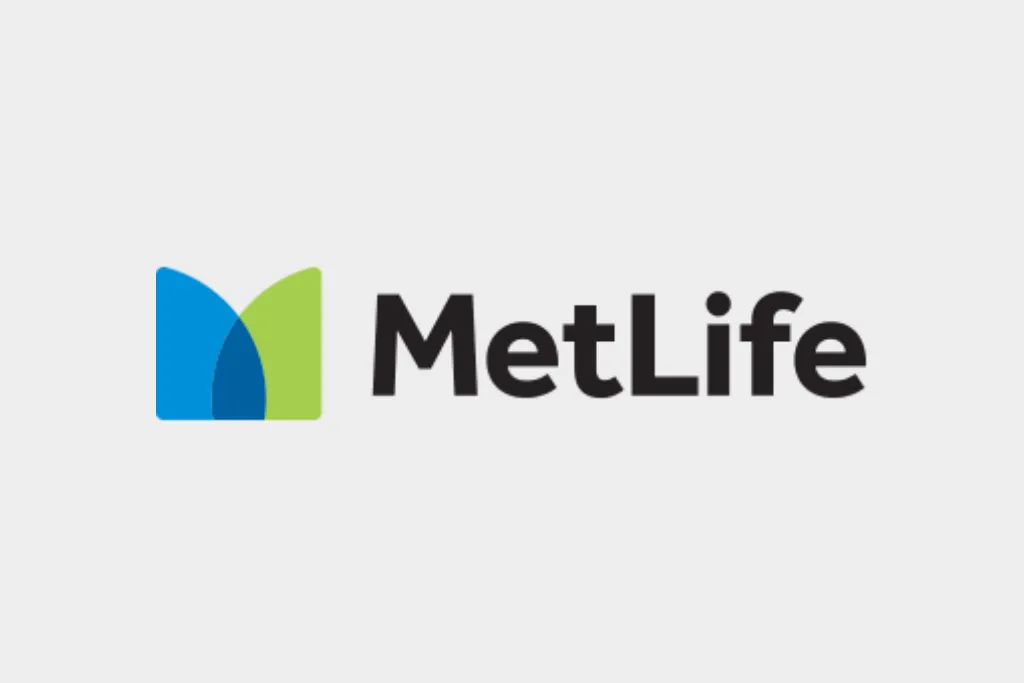The results of a new poll from MetLife suggests that the percentage of companies with de-risking goals which plan to completely divest their defined benefit (DB) pension plan liabilities has increased to 93%, up from 89% last year. About half (52%) plan to divest two to five years from now, with an average of 3.8 years.
“As the poll and other market data indicates, the pension risk transfer market continues its bullish growth and will likely continue to remain strong in the near future,” says Elizabeth Walsh, Vice President, US Pensions, MetLife.
“MetLife has seen this activity first-hand, including several transactions with the same clients as they continue to derisk in tranches, focusing on specific participant populations.”
The driving force between the continued interest in de-risking remains the current macroeconomic environment. In fact, 47% of plan sponsors say that rising interest rates are the top catalyst, followed by rising inflation, 45%, and increased market volatility, 44%.
According to the poll, 93% of plan sponsors say their company is weighing its pension plan’s value against the cost of the benefit. And plan sponsors are preparing to take action to reduce their DB plans’ pension risks, with many taking steps in the last two years that are typically precursors to pension risk transfer. These steps include improving their plan’s data quality (56%), increasing plan contributions (52%), having more involvement from their C-suite executives in DB plan management (29%), offering a lump sum distribution “window” to terminated-vested participants (23%) and adopting a liability driven investing (LDI) strategy to minimize risks that could affect the plan’s funded status (20%).
“It is encouraging to see improving data quality as a top action item,” added Walsh.
“Through our implementation experience, we have seen the benefit of clean participant data, which leads to a smoother transfer of the administration to the insurer, and ultimately, a better participant experience.”
As an additional indicator of plan sponsor’s interest in pension de-risking, the poll found 85% of plan sponsors are having, or already had, discussions with their plan advisors/consultants about a pension risk transfer.
When it comes to the type of pension risk transfer activity plan sponsors report they will most likely use to achieve their de-risking goals, 66% say they will use an annuity buy-out, including an annuity buy-out on its own or a combination of lump sum and an annuity buy-out. This is up significantly from the 46% who said they would choose this activity in MetLife’s inaugural Pension Risk Transfer Poll in 2015.
The poll also found that over two-thirds of plan sponsors, 68%, will secure a group annuity for a retiree lift-out, transferring the liabilities related to some or all of a plan’s retiree population. According to the poll, more than half of plan sponsors who say they will use an annuity buy-out, 54%, report they would likely secure a single annuity buy-out transaction, while 46% would use a series of annuity buy-out transactions.
“The current macro environment has led to favorable annuity pricing, creating a sense of urgency for plan sponsors to act sooner rather than later when choosing to pursue a transaction,” said Walsh.
“As the poll shows, some plan sponsors may be positioned to act quickly since they’ve started the path to de-risking by taking some critical preparatory steps and are keeping an eye on the market.”
When it comes to the timing of potential transactions, the poll found that 90% of plan sponsors have been closely tracking estimated market pricing for annuity buy-outs. In fact, 38% are watching very closely and 82% would be concerned about missing a window of opportunity to secure an annuity buy-out with competitive rates.

